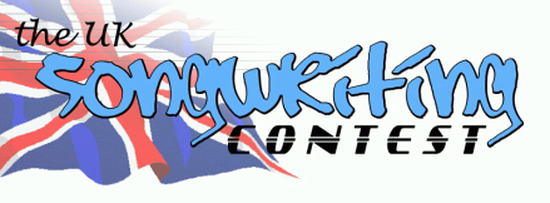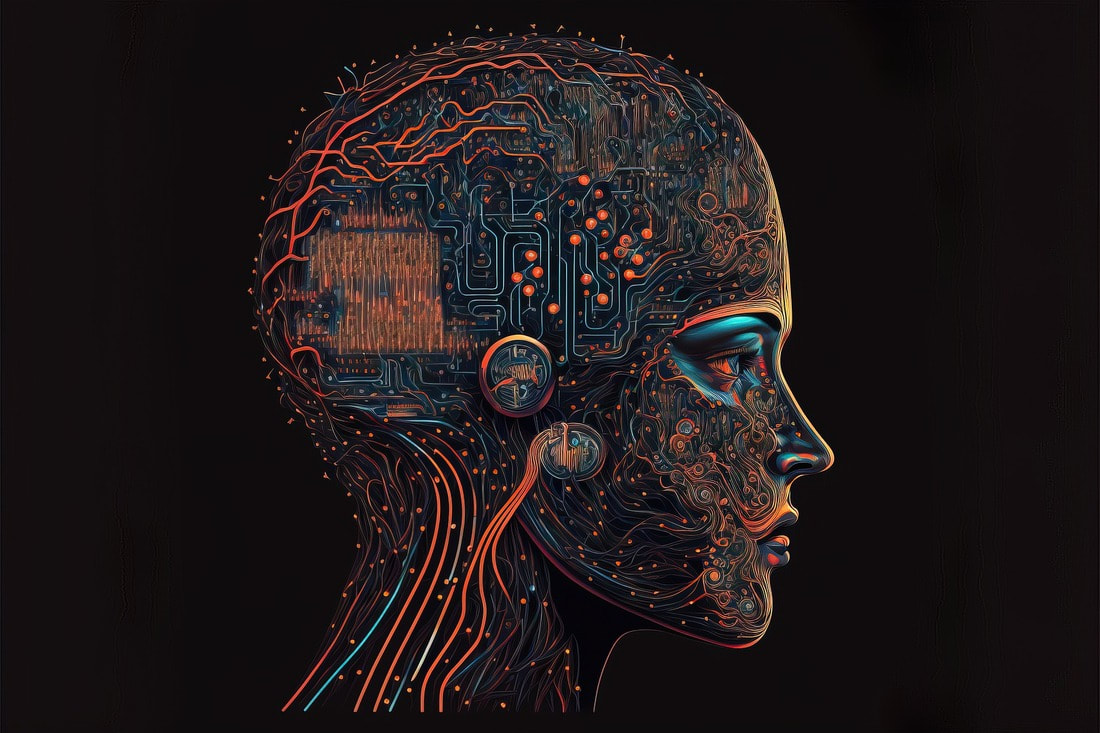|
*Don't skip the final Note at the end * The music industry is buzzing with talk about Artificial Intelligence (AI) these days. This is because AI has huge implications for songwriters, producers, music companies, copyright holders and human creativity in general. Understandably, many songwriters feel personally threatened. Some see it as the end of true human creativity, while others see it as an exciting new world to be explored and exploited. In this article we will look at one aspect of AI and how it is very important for songwriters to understand its uses and the legal implications regarding copyright and ownership of songs. SONG OWNERSHIP At the UKSC we have been studying AI carefully. We have looked at the various AI platforms and developments in depth and we have consulted with lawyers and organizations about copyright issues. The current situation today, as we understand it, is that legally the AI platform retains copyright on all material it creates. Keep in mind that the AI created work is legally known as the AI "output". "Output" is the crucial term here. The bottom line, at this time, is that it is becoming clear that all music or lyrics that an AI platform creates is legally owned by that platform and not by the person who creates it through their "input". So if you are using AI make sure that you don´t get carried away thinking that you wrote the masterpiece that you end up with. Carefully read the small print hidden in the terms and conditions of the software or platform you are using you will probably discover that the output created by AI is not owned by you. And often even your input isn´t owned by you either. WATCH OUT! When you enter your own original lyric for example into an AI song generator, and ask AI to create a song from this, the lyric is your input. Everything else that the AI creates in response to your input is legally regarded as the "output". If your lyrical input was entirely your own original work (and it is very important that you can clearly prove this!) you will retain the rights to your input and receive a co-write credit. But if these lyrics were themselves also written with the help of AI, even AI from a different platform, the basic rule will still apply, and you do not own those inputted lyrics. The bigger the mix of input sources, generators and platforms you use, the more complicated and messy it gets regarding copyright claims. And on top of this there is also the original sources that the AI was "trained" on and learned from to consider. ORIGINAL SOURCES AI song generators "learn" to do what they do by examining a huge amount of published music and songs that were written before AI existed. And these songs are, of course, owned by their respective copyright holders. These copyright holders might be individuals, publishers or labels etc. The UKSC predicts that in the future it is very likely that there will be major legal challenges coming from the copyright holders and writers of the original source materials that the AI learned from. HIDDEN TRAPS? At the UKSC we suspect that there may already be some hidden added coding and stamps included in AI output to identify the AI generated works. If this is not already happening we predict that this will arrive in the future. Another possibility is that in the near future specialised AI databases will be able to immediately recognise such works if they appear online, and the owners of the AI platform will successfully claim their rights on this "output". We also suspect that the whole business plan of AI platform owners might be simply to encourage and promote the use of AI music generators and the creation of songs with AI as much as possible to achieve world wide viral hits and monetization, and then claim all royalties as their own. This would be a very lucrative business model. THE BOTTOM LINE The bottom line seems to be that you will only be credited as a co-writer with the AI platform if you can very clearly prove that you wrote all the original input yourself, without any help or ideas from the same AI generator or other AI platforms. If this is not the case then be very careful with writer credits for the song. It is important to give the correct writer credits to any AI software or platforms that you might use. TELL US YOUR STORY We are very interested in the uses of AI and the complex legal ramifications and we would like to hear from anyone reading this about how they are using it and what platform or software they are using. Add your comments and thoughts about AI to this blog post. You can also email the UKSC or use the contact form on the UKSC website if you have any thoughts about this. Or post in the UKSC entrants Community Group on Facebook. We would love to hear from you about this subject. We are following AI very closely and are fascinated by its possible uses and future implications. We looked at having an AI song category in the UKSC this year but we quickly rejected this idea and removed that category before it received any entries. We look forward to receiving your original, human written, song in the UKSC. *NOTE: No AI was involved in the writing of the above article. It was 100% humanly and originally written by the UKSC. ;) Good luck with you song entry, UKSC
2 Comments
Maisie Waite
25/5/2024 07:56:42 pm
To be honest I have found AI lyric generators to be totally uselsss. The lyrics they generate are overblown and don't scan and any musician would struggle to set them to music with massive alteration, and chucking away and rewriting of several verses. Given that, your best starting point is a blank piece of paper and a pencil.
Reply
27/6/2024 09:57:13 am
I totally agree with the comment of Maisie. Yet, AI lyrics are barely singable. At the same time, given that today's AI is still at its infancy it is very likely that future AI will be able to create also singable lyrics. From an artist's perspective I find it more satisfying creating lyrics by myself. Moreover, AI cannot tell "the story behind the song" which to me is an important aspect of songwriting. Without condemning the vast opportunities provided by AI, the copy rights aspect should be an incentive to all songwriters to create their own lyrics.
Reply
Leave a Reply. |
Topics
All
Archives
July 2024
|
|
|
|


 RSS Feed
RSS Feed





